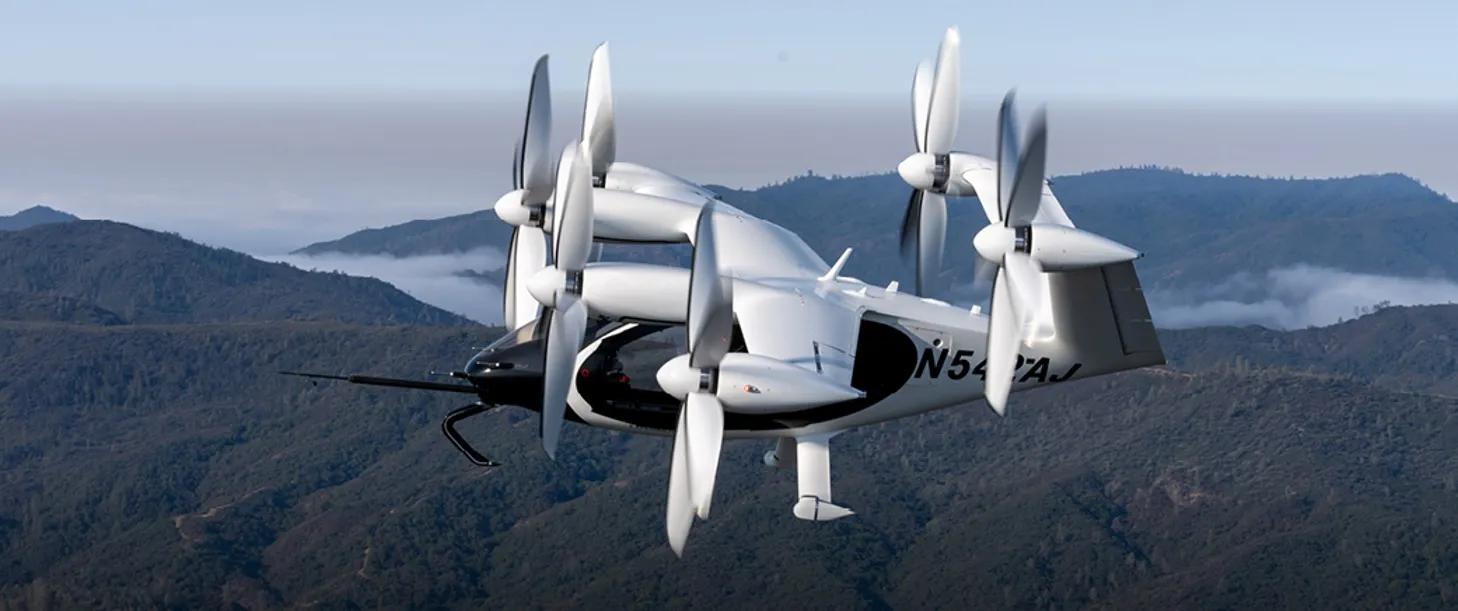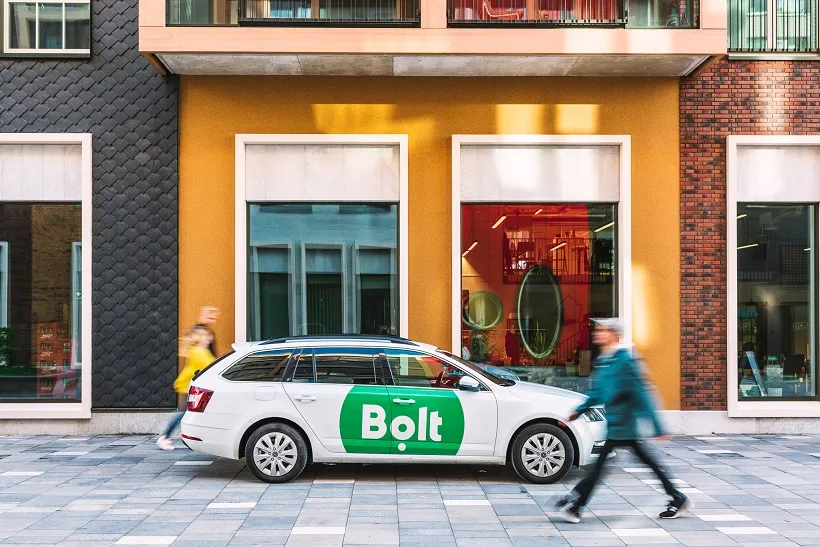LimeBike has launched its electric-assist bike fleet in Seattle with the intention of providing a quicker and more affordable option to riders than driving or using ride-sharing services. The bikes cost users $1 (71p) to unlock and $0.10 (7p) per minute of riding time. Called Lime-E, the bikes come with a maximum speed of 14.8 mph and with power that can automatically adjust to adapt to the riders' natural pedal experience. In the coming months, LimeBike plans to deploy its service to South Carolina and
February 19, 2018
Read time: 1 min
LimeBike has launched its electric-assist bike fleet in Seattle with the intention of providing a quicker and more affordable option to riders than driving or using ride-sharing services. The bikes cost users $1 (71p) to unlock and $0.10 (7p) per minute of riding time.
Called Lime-E, the bikes come with a maximum speed of 14.8 mph and with power that can automatically adjust to adapt to the riders' natural pedal experience.
In the coming months, LimeBike plans to deploy its service to South Carolina and the greater San Francisco Bay Area.









